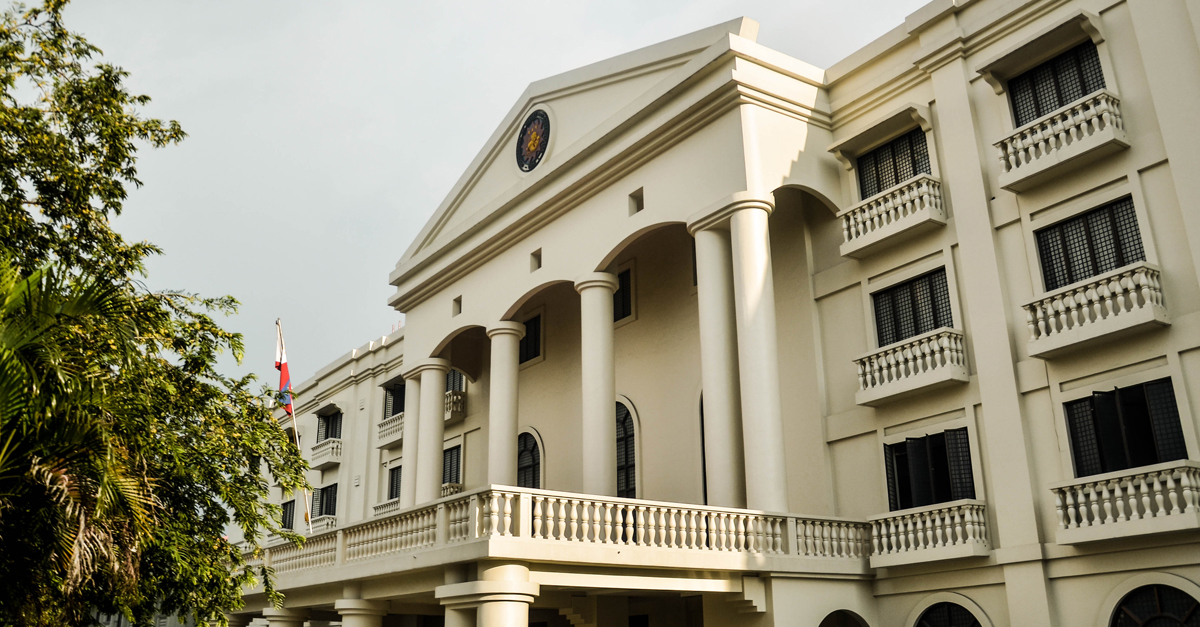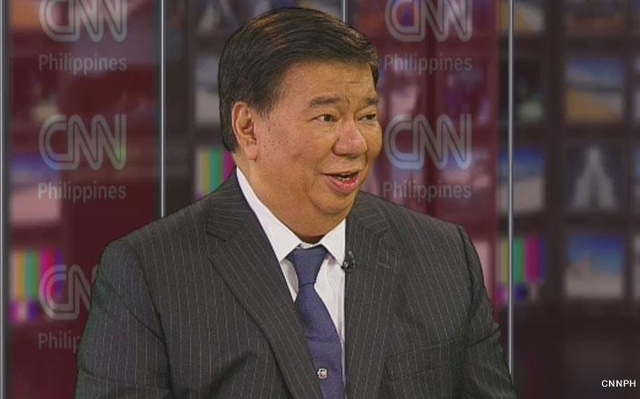The auto industry is expected to feel the impact of the “disappointing” provisions of the Tax Reform for Acceleration and Inclusion (TRAIN) Act next year in terms of sales and domestic production, with the higher excise tax negating the benefits to be gained from incentives accorded to locally assembled vehicles.
“What I can say is that sales in 2018 will be lower than this year. There will be no growth in terms of sales,” Toyota Motor Philippines Corp. (TMPC) President Satoru Suzuki told reporters on Wednesday.
Suzuki added that the market leader will probably see a sales “reduction of maybe 5 percent to 10 percent from the sales this year.”
TMPC, as of November, sold some 166,601 units and expects to close the year with sales of 180,000 units. Suzuki’s projection would translate to only 162,000 units in sales next year as the new excise-tax structure takes effect next month.
The ratified bicameral committee report imposes a 4-percent excise tax on automobiles with a net-manufacturer’s price of up to P600,000. There would be a 10-percent tax on those with a net manufacturer’s price of P600,001 to P1 million; 20 percent on automobiles with a net manufacturer’s price of over P1 million up to P4 million; and a 50-percent excise tax for vehicles priced beyond P4 million.
According to Suzuki, he found the ratified version “disappointing,” as it did not include a differentiated treatment for locally produced cars, the very aim of the Comprehensive Automotive Resurgence Strategy (CARS) Program of the Department of Trade and Industry (DTI).
“There’s no advantage given to the locally manufactured segment like the Vios; the incentives are meaningless now. The Vios was given a tax increase just like the other segments, whether locally produced or completely built-up unit (CBU). We expected some
benefit in the locally produced ones,” the car executive lamented.
Suzuki also expressed dismay over the tax structure approved by Congress, as it shifted the brunt of additional tax burden on models carrying the P600,000-to-P1 million price tag, but reduced the structure applied on higher-bracket automobiles.
Moreover, the higher tax imposition for automobiles will make TMPC’s participation in the CARS Program an uphill climb, he added.
The carmaker, to note, committed to produce 230,000 units of the Toyota Vios locally in exchange for tax incentives to be given by the DTI.
However, with the steeper tax offsetting the savings from the subsidies and likely to turn off buyers, the TMPC said it will still commit to produce the Vios, but at a lower commitment of 200,000 units.
Under the approved structure, the Vios falls under the P600,000-to-P1 million segment. Hence, these affordable, mid-market automobiles will be slapped an excise tax of 10 percent.
“I’m not saying we’re not going to reach the 200,000 units that the government requires under CARS; I’m saying it has become a harder challenge,” Suzuki said, adding: “All the same, we will try to reach it.”
The CARS Program gives a production per-unit incentive equal to $1,000 for participant carmakers Toyota and Mitsubishi. Investments of participant carmakers have began pouring in since late-2016.
As envisioned by the BOI, the CARS Program is intended to make the country’s auto manufacturing industry on a par with other regional manufacturing hubs like Thailand; through incentives, the program intends to localize key auto parts while making the participant vehicle models competitive versus imported ones in the Philippine market.
The CARS Program was intended for three models but only got two takers due to its high production-volume requirement of 200,000 units for the program’s duration.
Suzuki declined to give an estimate on the actual price impact on the Vios.
Toyota will start producing the All-New Vios under the CARS Program in July 2018. Suzuki projects production volume in the second semester of 2018 to reach 35,000 units. Of this total, the All-New Vios variant will take a share of 20,000 units. The auto-company president said the company plans to implement countermeasures to shore up sales, such as beefing up marketing and release of new models.
































